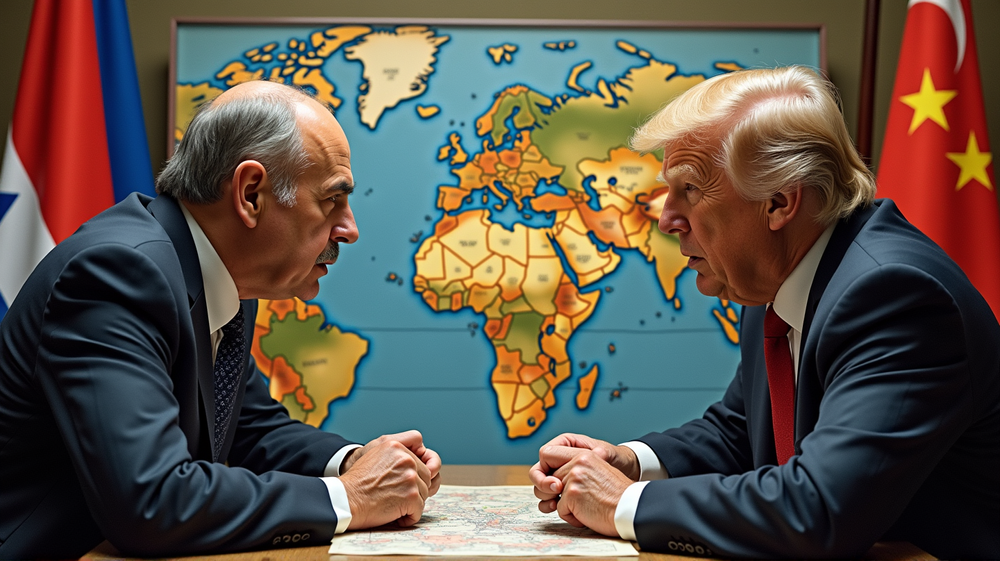A Surprising International Move
In a jaw-dropping announcement that has sent ripples through international diplomacy, the United Kingdom, alongside Canada, Australia, New Zealand, and Norway, has unfurled sanctions against two Israeli ministers. Itamar Ben-Gvir and Bezalel Smotrich, both prominent members of Prime Minister Benjamin Netanyahu’s cabinet, face asset freezes and travel bans due to incendiary comments and actions towards Palestinians in Gaza and the West Bank.
Provoking a Fierce Global Reaction
According to Middle East Eye, this collective decision comes amidst rising tensions and its intention is clear: to assure the world that violence incitement shall not stand unchallenged. Foreign Secretary David Lammy stated the sanctions were a necessary action to endorse human rights and pursue stability. The UK leads this unprecedented charge, reflecting a marked shift in its Middle Eastern policy.
A Backlash from Across the Atlantic
Notably, the move has not been without controversy. US Secretary of State Marco Rubio denounced the sanctions, arguing they hinder peace efforts in Gaza. The US remains steadfast in backing Israel, illustrating the divisive nature of the Israeli-Palestinian conflict even among allies. “Hamas can’t be equated with Israel,” Rubio asserted sharply, urging for the sanctions’ reversal.
Domestic Reactions and Future Implications
Back home, British MPs have been vocally advocating for further suspension of trade agreements with Israel. They argue these measures align with the legal framework demanding adherence to human rights within international agreements. With a potential to sway diplomatic relations, this episode challenges existing alliances and calls for serious introspection into international norms.
Continuing the Diplomatic Saga
Israeli ministers remain defiant, with Bezalel Smotrich dismissing the sanctions as “outrageous” and vowing to continue the expansion of settlements. His bold declarations accentuate the strategic use of historical narratives and nationalistic tones to rally domestic support. The path forward remains uncertain, with heightened diplomatic dialogues anticipated.
A Crossroad of Policies
Ultimately, this decision marks a significant period in the international community’s approach to the Israeli-Palestinian conflict. As it unfolds, future sessions at international forums may well set the tone for subsequent Middle Eastern policies, potentially redefining key alliances and aspirations for peace.
With regional stability hanging in the balance, this latest chapter unveils the intricate dance of politics, diplomacy, and human rights on the world stage. Can such sanctions spur constructive dialogue, or merely deepen existing divides? Only time will tell.












